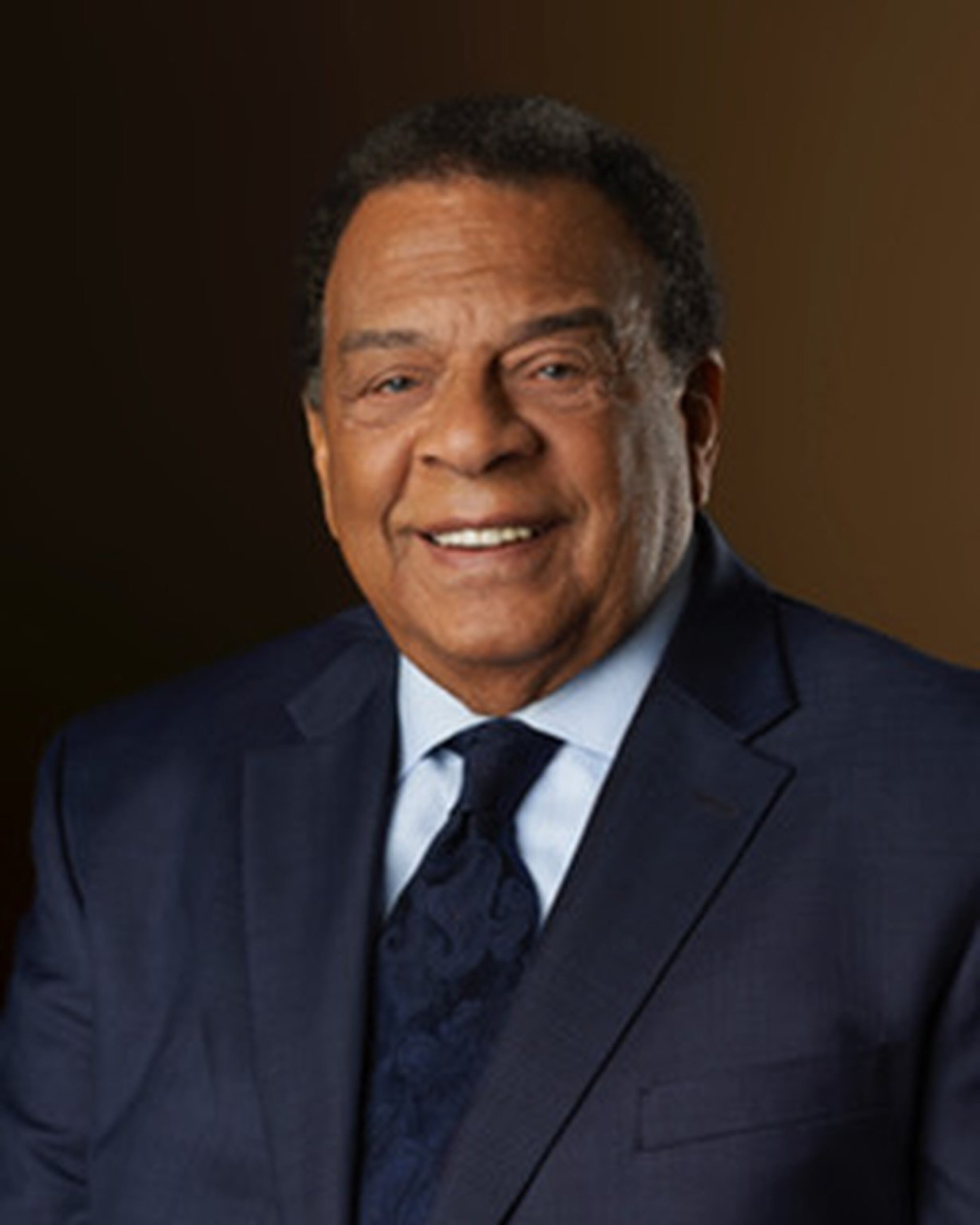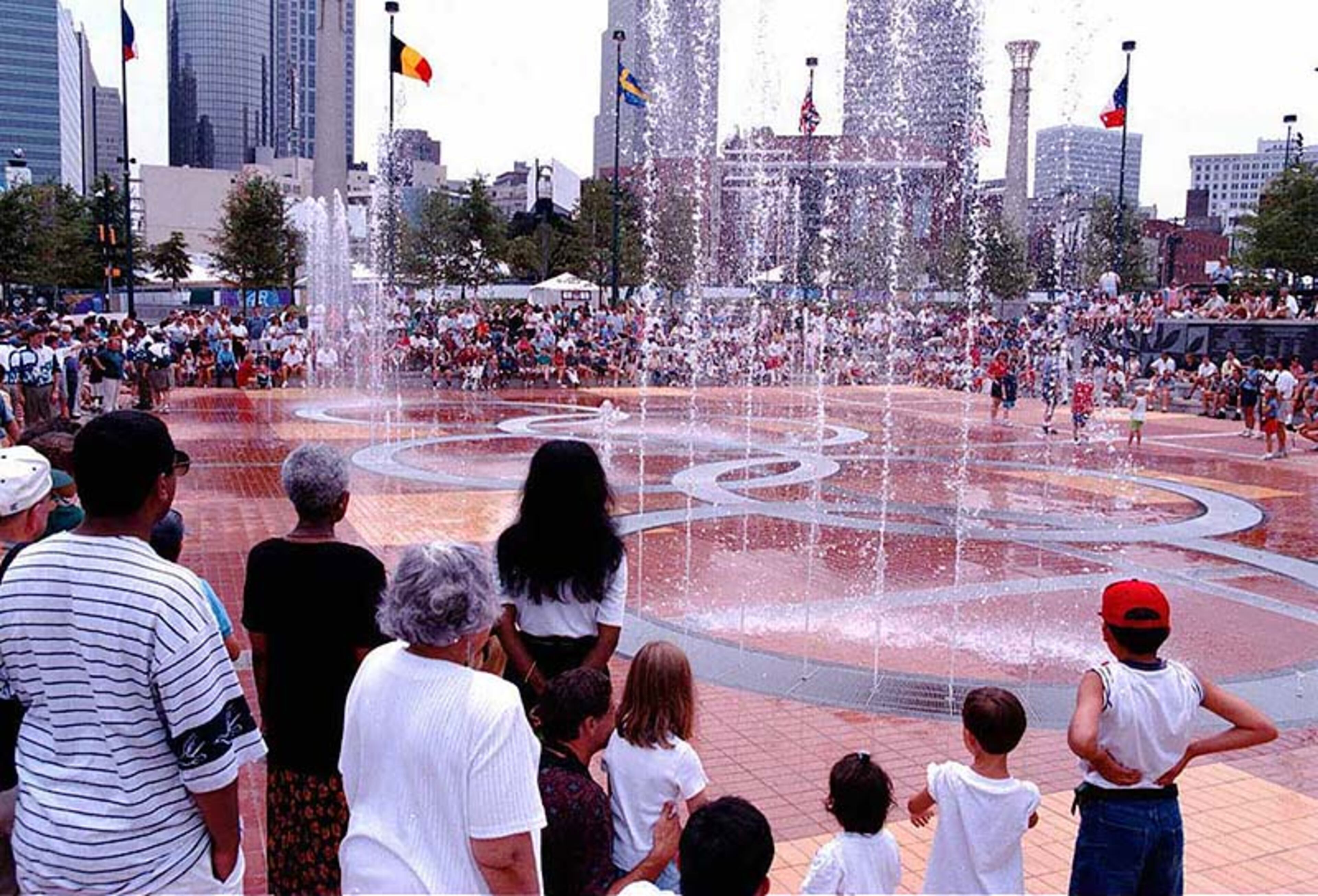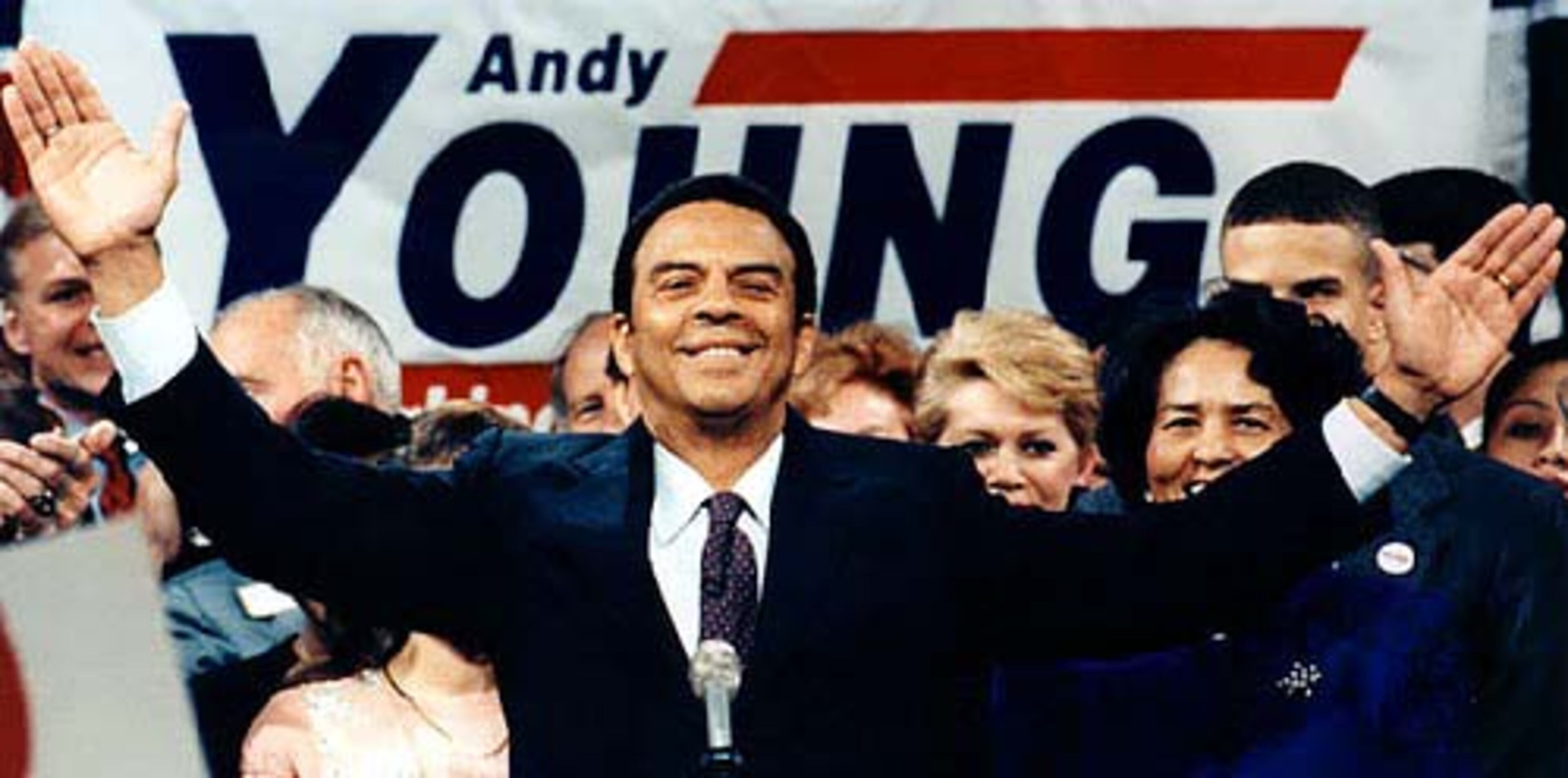Opinion: Atlanta can help point world toward path of peace

The turmoil in our society today can help us reflect on the role Atlanta has played over the decades as a place of peace, the city where community leaders have been able to gather and address problems that other places have struggled to solve. The recent tragedies in El Paso and Dayton are troublesome, but they can inspire us to do what Atlanta has always done best, become part of the solution rather than the problem.
» COMPLETE COVERAGE: Deadly weekend with two mass shootings in Texas and Ohio
There have been milestones in our city’s history that have enabled Atlanta to emerge into the vibrant city we call home today. In the midst of the South’s turmoil, we chose to be “the city too busy to hate.” It was not easy, but Dr. King helped show us the way.

Later, we started talking about being an international city. We had an airport and decided that we needed an international terminal. People questioned why we would consider that, because at that time we were really just a regional airport with a few national routes. We brought in Swissair, Japan Airlines, KLM and others. Consulates from around the world began locating here, and Atlanta started to be on the radar for corporate headquarters from around the world.

And then came Billy Payne and the Olympics. When we first started talking about hosting the games, I would hear: “Andy, that’s just too much. There is no way this is going to happen. Everyone knows the Olympic games are going to be in Athens.” Yet we put together the largest Olympics in history – larger than China, larger than Russia, larger than Japan. We had more countries. We had more athletes. We didn’t use government funds. We raised all of the money privately, and our citizens became volunteers.
Through the years, we have invented and re-invented ourselves. But where do we go from here? How do we take Atlanta’s history, our people and our best assets and ambitiously take ourselves to the next level on the international stage?
Recently, a group of city and state leaders met to discuss an idea that can take us to that place. The historic recipients of the Nobel Peace Prize, the Nobel Laureates, spent time in Atlanta, and they liked what they saw. We have a possibility of hosting the Nobel Laureates summit in 2020 and potentially making Atlanta their permanent home. Also, we have a number of other related forces coming together under this theme of “peace” that has the capacity to brand Atlanta as a “Global City of Peace.” Think about how this could take us to a new place internationally.
If you look at Atlanta’s history, particularly in the Western hemisphere, we truly are best positioned to be that City of Peace. In a world of growing hostility, a place known for civil discourse and advancing peace is sorely needed. It could be the next big step in our city’s evolution, positioning the city on the world stage. To me, this is like another one of Atlanta’s wild dreams that the people of Atlanta could make come true.

Andrew Young is a former U.S. Ambassador to the United Nations, a former mayor of Atlanta and a civil rights leader.


